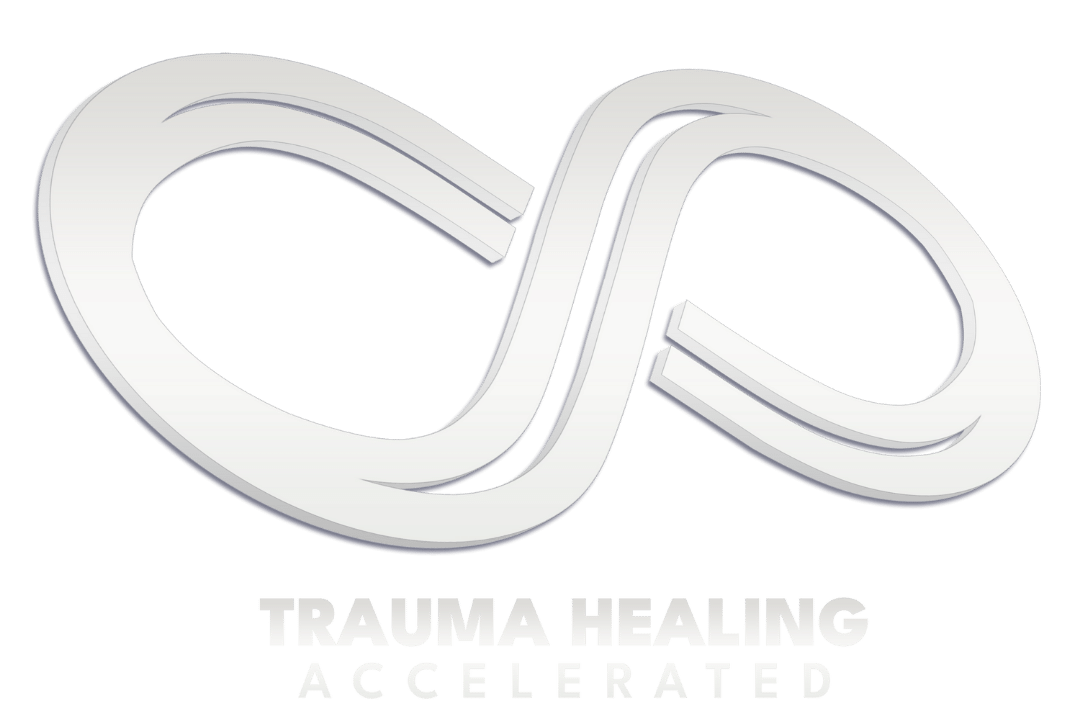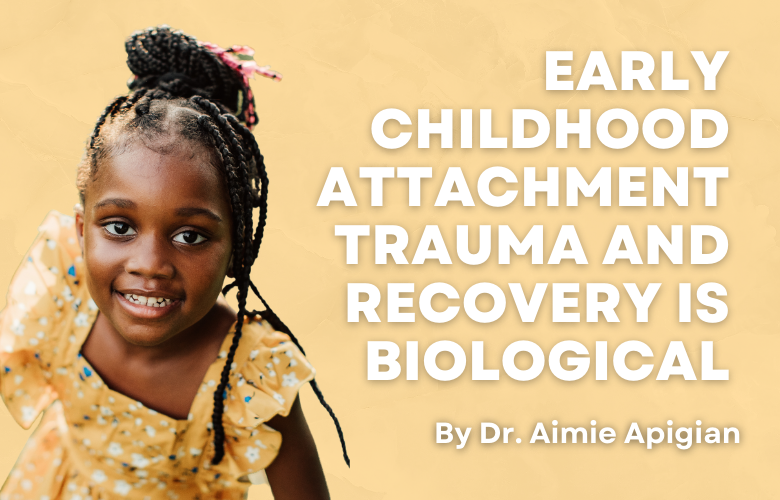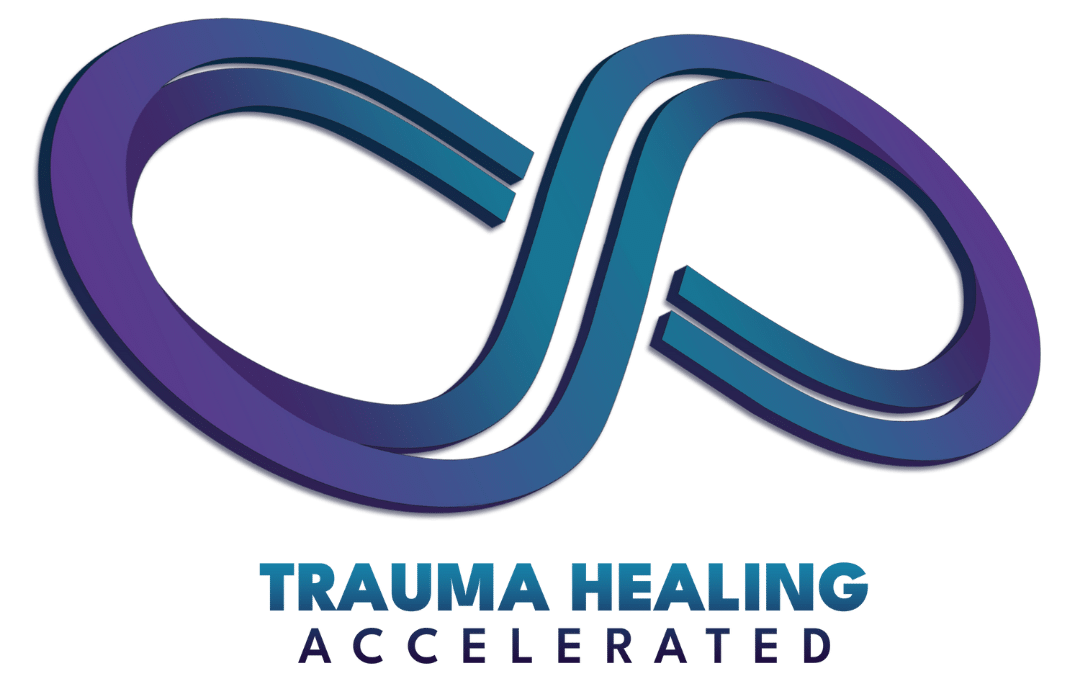Early Childhood Attachment Trauma and Recovery is Biological – Events that are overwhelming to a person’s ability to cope become traumatic events and can leave lasting changes in one’s biology. This is especially true in the case of early childhood and attachment trauma, because its recovery can be more biological than psychological.
The effects of trauma are mostly thought of as being psychological, therefore, counseling and cognitive-based therapies tend to be the usual approach, however, with varying degrees of success. The idea is to just fix the way they think about the past and present.
These approaches have very limited long-term success, because trauma and recovery from trauma is more biological than psychological!
What we’re finding now is how much trauma changes the biology of one’s brain and body. It changes chemical, communication, and activation patterns within the brain. It also changes the chemical and communication pathways within the nervous system.
After a trauma, it’s not just the psychology that struggles, it’s the altered biology of the brain and body that keeps the psychology stuck in faulty thinking and reactive patterns.
The Biology of Trauma®
The biology in the brain is referred to as “Neurobiology.” The effects of trauma on neurobiology have gained a better understanding within the last ten years, because of trauma professionals such as, Bessel Van der Kolk, have observed chronic effects of trauma on the brain and body.
Bessel Van der Kolk shows the effects of trauma on the brain and body as a complex adaptation of a system to an overwhelming situation (Disorders of Extreme Stress: the Empirical Foundation of a Complex Adaptation to Trauma, 2005).
This makes sense, because our whole system is designed first for survival, then for more meaningful purpose and activity. The brain and body become a single system in response to a threat in order to survive. Made up of several different systems, they become a unified system for the sole purpose of survival.
The way each person’s brain and body works in sync and in response to a threat for survival depends on the internal and external resources available to the system, as well as the nature and severity of the threat.
The Role of Biology and Genetics in Trauma
Each of our unique genetics and biology creates the internal resources available to our system to utilize for life. In times of stress, the internal resources are relied on more heavily.
If there’s any kind of imbalance or deficiency in these internal resources, it may be compensated for during times of relative stability. But in times of stress, the impact of biological imbalances or deficiencies will be felt.
One may not be able to effectively manage as much stress to the system as someone else, because one’s internal resources may be less balanced than another’s. An event may be stressful to one person, but traumatic with chronic PTSD for another person, because of their biology and genetics going into the event.
Thus, the biological and genetic internal resources available to a system plays a role in trauma, especially early childhood trauma.
Some of the more common biological and genetic factors that play a role in trauma and mental health include: environmental toxins and metals, methylation and pyroluria genetics, and dietary factors like food sensitivities and allergies.
All of these factors can create a biological disposition that can weaken an individual’s nervous system and cause them to be more sensitive and reactive. This will result in brain chemistry and antibodies to their brain and nervous tissues to be off, and that will create changes in the activation and communication pathways.
Trauma Creates Biological Imbalances
Regardless of one’s biology and genetics going into a traumatic life event or situation, trauma is going to create biological imbalances. These imbalances are going to reside in the brain and body, resulting in on-going effects long after the trauma is resolved.
While many focus on the chronic psychological changes after a trauma, the underlying biological imbalances are what prevent the brain and psychology from healing after a trauma.
Correcting biological imbalances makes a huge difference and just by itself. It can happen without any psychological or cognitive therapy, which can make a huge difference in people’s moods as Dr. William Walsh discovered when working with individuals who had a diagnosed behavioral disorder. Of the patients who were compliant with the treatment to correct the biological imbalances found after testing, 92% of them reported a reduction of anger-induced assaults, and 58% reported they had complete elimination of their symptoms! You can find his published paper here.
Trauma’s Chronic Effects on the Nervous System
The nervous system is the rapid communication system between the brain and the body. It’s the system designed to keep this machine we call, our body, alive and running.
It’s the system that allows for quick responses to help us survive against any threats that come our way. It’s able to respond in an active way for survival by fighting or running away. The nervous system is also able to respond to an overwhelming threat by becoming passive or by freezing.
If exposed to one threat, the system is able to bounce back and fully recover. However, when there is chronic exposure to situations that are overwhelming to the body’s ability to physically or psychologically cope, the nervous system becomes imbalanced and stays that way.
The nervous system becomes able to perceive and to respond to threats more quickly.
In many situations this might be a good thing, like in times of war and natural disasters. When the threat is gone, if the nervous system is not able to return to a calm state, it remains in an unbalanced state: hyperalert and hyperactive.
Because of the chronic effects of trauma on the nervous system, you can take a boy out of the war zone, but you can’t take the war out of the boy. He remains hypervigilant and hyperreactive long after returning to normal civilian life, because of the changes to his nervous system that cannot recover on their own.
These long-term effects of trauma on the nervous system are even more prominent in a person who experienced early childhood stress and attachment trauma, because they were right in the middle of their trauma zone while their brains, bodies, and nervous systems were developing.
Naturally, the long-term effects of trauma on the nervous system will be more pronounced in those whose brains and bodies were developing at the time of the trauma, rather than those whose trauma came after they had already developed a healthy and balanced nervous system.
Trauma’s Chronic Effects on the Body
Then there are the long-term effects of trauma on the body.
Many of these lasting changes to the body are mediated through the nervous system. The nervous system is in contact with every cell in the body; it’s part of the control and signaling mechanisms for every other organ and system within the body.
Thus, if the nervous system is imbalanced, it will cause other imbalances within the body.
The immune system is a major system affected by trauma. The Adverse Childhood Studies (ACE) have made this clear as it demonstrates such a strong correlation between early childhood stress and adult diseases of the immune system, like cancer and autoimmune diseases.
The adrenal gland is a big player during times of stress and survival, because it responds to the nervous system by releasing hormones such as adrenalin and cortisol. Since the adrenal gland also makes other hormones, like sex hormones, there can be ongoing imbalances in the sex hormones like Estrogen, Progesterone, and Testosterone.
The stomach and intestines, or “gut,” is another system that is highly connected to the nervous system, and imbalances in the nervous system cause all sorts of digestive issues like constipation, diarrhea, inflammation, acid reflux, irritable bowel syndrome, and gastritis.
It is well-established in literature that celiac disease as well as non-celiac gluten sensitivity can have neurological effects as its only symptom, and not have the abdominal symptoms.
Ruling out food sensitivities is a big component to optimizing one’s biology for healing from trauma, because continual exposure to a food to which you unknowingly have a sensitivity to, will drastically increase the burden on your body.
Nutrient and Metabolism Imbalances in Trauma Recovery
Some of the other biological factors in the body that are correlated with trauma and long-term effects on the body are imbalances in nutrients, energy production, or detoxification system.
If there are any imbalances or deficiencies in the biological building blocks or biological processes of energy production or detoxification, the system will have a harder time recovering from trauma, which will stress a system to its maximum level.
Imbalances or deficiencies may even make the system more susceptible to trauma, because the system’s coping mechanisms may reach the state of becoming unmanageable and will therefore, overwhelm faster than a system that is biologically resilient.
Tests for Identifying Biological Imbalances
All imbalances in the body will make it more difficult for a person to be able to recover and heal from past trauma and its long-term effects on one’s psychology and biology. Whether or not the imbalances are in the organs, systems, or nutrients, and whether or not they are the underlying genetic factors, lifestyle factors, or a result of ongoing stress, if it is corrected it will help the brain and body naturally recover faster from a place of survival to a state of calm.
Laboratory tests can be very useful to find these imbalances. Results of these laboratory tests can provide a biological map to recovery that will greatly aid and speed up the psychological recovery.
Tests looking at hormones, the immune system, metals, toxins, metabolism, and nutrients is a powerful tool. Testing takes the guesswork out of creating a detailed plan for the fastest path to healing.
Dr. Greenblatt, a psychiatrist, has found that zinc and magnesium levels are strongly correlated with depression! Correcting a zinc or magnesium deficiency is very simple, and can make the difference in getting stuck in the chronic effects of trauma versus being able to recover and thrive after trauma.
Specific Tests to Get for Trauma Recovery
Hormones can be tested through dried urine samples that you can collect at home and mail into a lab. There are a few options for labs that test hormones, including daily cortisol levels, that looks for adrenal gland imbalances in the stress hormone, cortisol that can cause anxiety, fatigue, and sleep problems.
Testing one’s genetics for methylation, pyroluria, and detoxification systems should be a part of everyone’s work-up when recovering from trauma.
Methylation issues are strongly implicated in symptoms and characteristics of hyperactivity, depression, and autism.
Pyroluria is implicated in symptoms of anxiety, panic attacks, and even paranoia.
If there is an imbalance in the detoxification system, you want to know which one so you will know what system to focus on to optimize your body for healing your biology and psychology from trauma.
An Organic Acids Test (Great Plains Laboratory or Genova Diagnostics) is a comprehensive look at the energy production and metabolism in your body. This can detect many imbalances in nutrients that may not be detected on blood tests since it looks at how the cells are actually utilizing nutrients and vitamins.
Heavy metal testing is another big biological factor in mood disorders that can make one more susceptible to trauma and make it more difficult to recover from trauma. Mercury, copper, zinc, and lead levels should be checked. The ratio of copper to zinc is especially important when there is any impulsivity and irritability present as part of the long-term effects of trauma.
Environmental toxins, such as pesticides, do play a role in one’s ability to recover from trauma, because if the toxin load is high or if one of the detoxification systems is not working at full capacity, this will be a burden on the body.
Any burden on the body will make the system easily more overwhelmed in its ability to cope and respond to stress, thus setting it up for trauma and making it more difficult to recover from trauma.
Early Childhood Attachment Trauma and Recovery is Biological – Summary
In all of my patients, both adults and children, who are recovering from varying degrees of attachment trauma, we’ve always found something in these tests that provided great clues to our treatment plan.
As they correct the imbalances found in these tests, things become easier for them. They are less anxious, less depressed, overall more calm, focused, and are able to work better in other therapies because of this! As imbalances in the body and brain are corrected, they feel more like their true selves.
If you are interested in getting any of these tests for yourself or your child, feel free to reach out to me at health@draimie.com. These tests have been a game changer in my life and many others!
Encouraging you on your healing journey,
Dr. Aimie
References
Zellik N, Pacht A, Obeid R, Lerner A. Range of Neurologic Disorders in Patients with Celiac Disease. Pediatrics. June 2004; 113(6):1672-6
Van der Kolk BA, Roth S, Pelcovitz D, Sunday S, Spinazzola J. Disorders of Extreme Stress: the Empirical Foundation of a Complex Adaptation to Trauma. J Trauma Stress. Oct 2005; 18(5): 388-99.
Reduced Violent Behavior Following Biochemical Therapy. Walsh WJ, Glab LB, Haakenson ML. Physiol Behav. Oct 2004; 82(5): 835-9
Greenblatt, JM, To W, Dimino J. Evidence-Based Research on the Role of Zinc and Magnesium Deficiencies in Depression. Psychiatric Times. Dec 2016.
For more from the Trauma Healing Accelerated Blog please click here.


